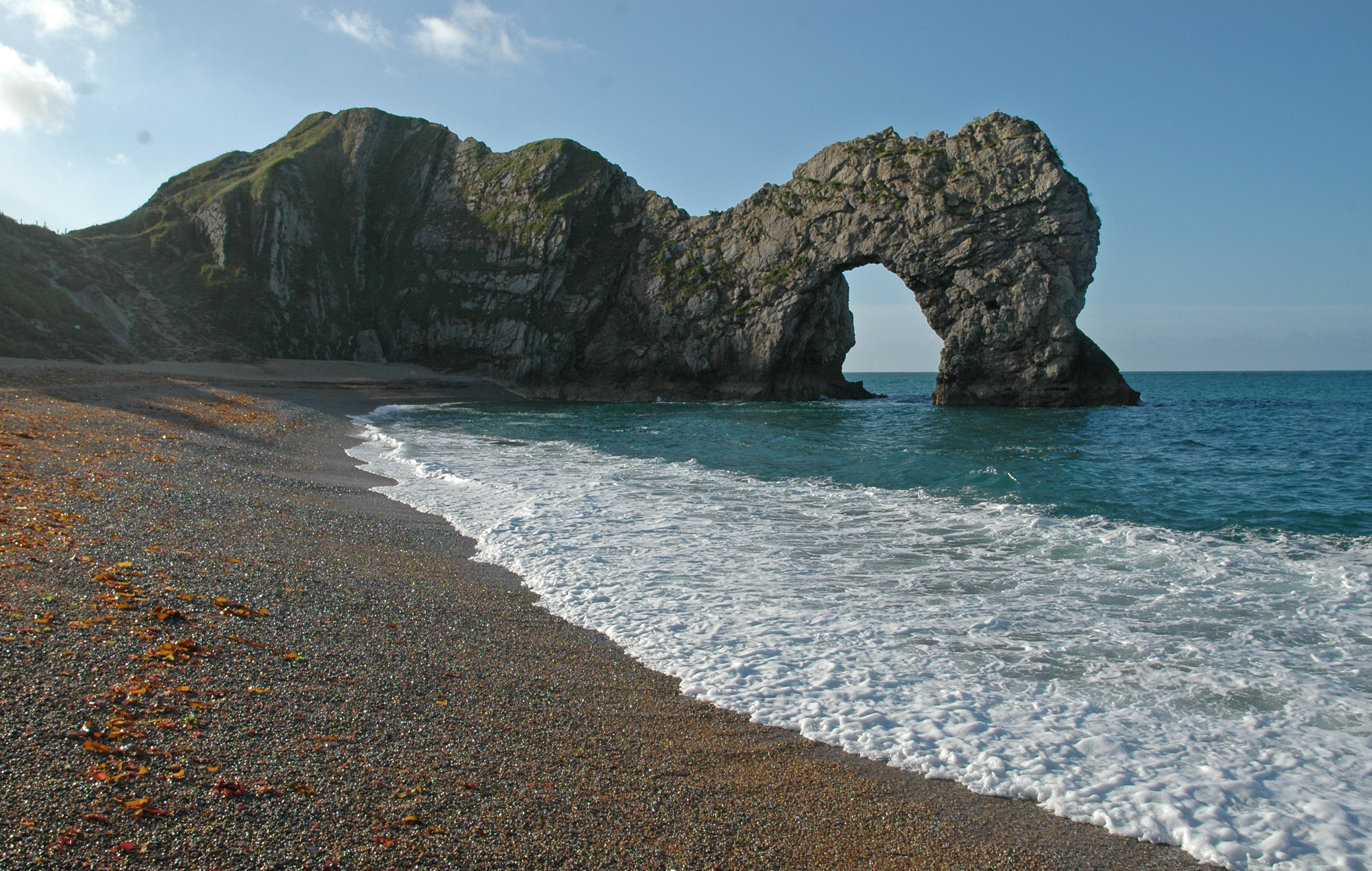It’s a strange thing, the lure of ‘the coast’. I can remember like it was yesterday those summer holidays down to the southwest, eagerly peering out of the window in the back of my dad’s Ford Sierra for that first glimpse of the sea. I usually started looking just past Andover, so I had a bit of a wait. ‘There it is!’ I’d eventually exclaim, transfixed by the vast, sparkling expanse that had finally revealed itself.
Spending most of my childhood days in landlocked Surrey, those trips down to the Jurassic Coast – or just plain old ‘Devon’ as we called it in those days – were like a shot in the arm; an energising, revitalising blast of sea air to blow away the stuffy old Home Counties cobwebs enabling us to be connecting with the coast. After a few minutes of the obligatory pebble skimming on Budleigh Salterton beach, I’d spend ages just sitting there, staring at the horizon wondering what on earth was out there.
But that’s the thing about the coast, I’ve always thought – it’s like a gateway to another world. Pretty much any stretch of coastline, no matter how built up or visually uninspiring, has a certain magical quality, a unique magnetic pull that can’t be found anywhere else. And the Jurassic Coast is one of the biggest magnets in nature.
Just as my nine-year-old self longed to see and feel the freedom of the ocean, so the weary sailor yearns for maritime security on land – to get back on ‘terra firma’. But the coast, it’s the best of both worlds. Nature’s great frontier, where land and sea live out their tempestuous relationship, that’s where the magic is.
I recently read a fascinating book by Tristan Gooley called How to Connect with Nature. In the book the author discusses what he calls ‘The Glorious War’:
‘Nature’s trump card is that we are programmed, by nature, to find conflict fascinating, and nature is conflict.
It is the longest-running, highest-budget, most compelling drama that has ever been staged. There are recurrent themes, as there are in all good dramas, but there are no commercial breaks, no repeats and no cheap seats.’
It struck me as I read this that the Jurassic Coast is surely one of the greatest theatres in which to watch the drama of nature unfold. It’s the most spectacular of battlegrounds, where the mighty armies of land and sea have waged an unrelenting battle for supremacy for millions of years.
It’s a brutal encounter, one which, thanks to its secret weapon of erosion, the sea is clearly winning. But despite the ferocious power of wave against rock in a storm, there’s inherent beauty in this dynamic and the ever-changing coastline it creates. Like so many things in life that appeal to us on an instinctive level, it’s all about balance, and the complex interplay of opposites. Beauty and brutality. Land and sea. The formation of cliffs over millennia and the sudden crash of a wave on a beach. It’s all here.
Paul Mitchell










